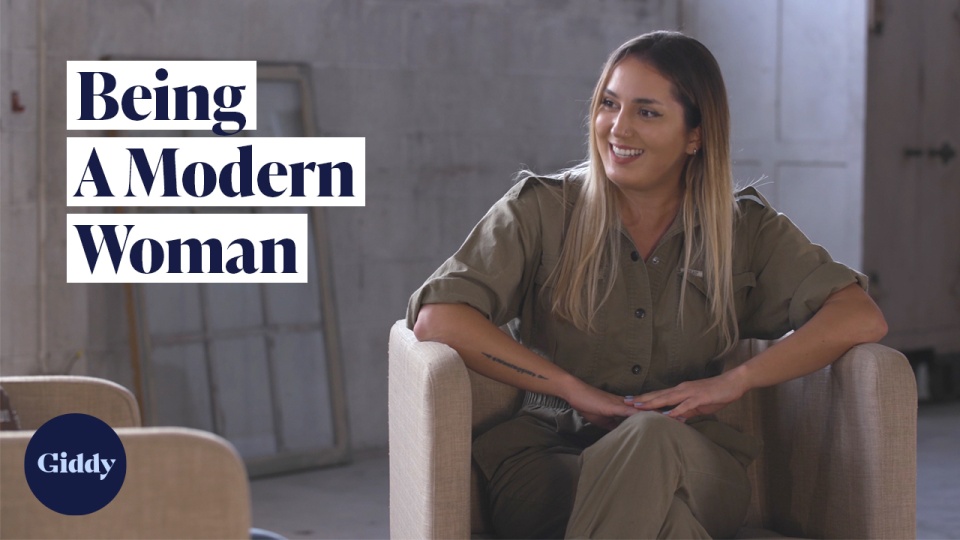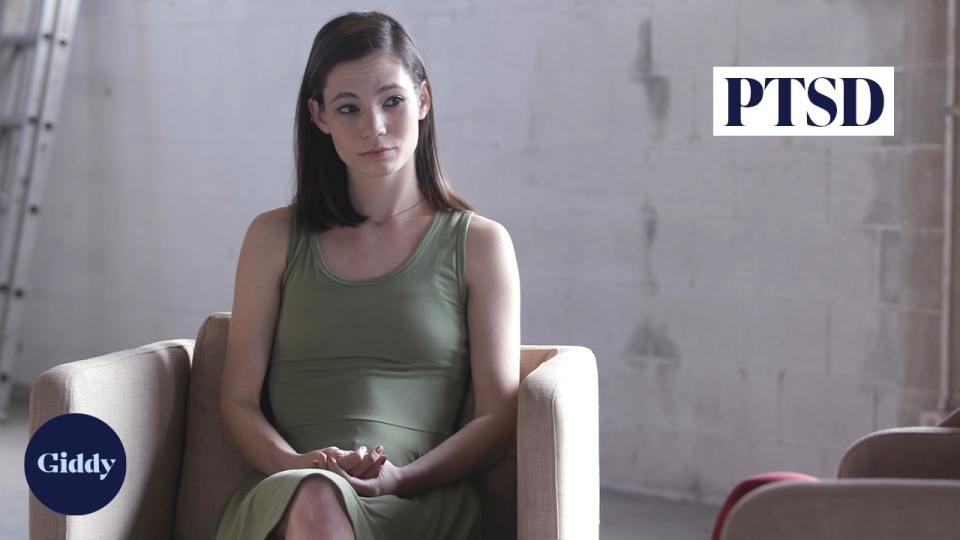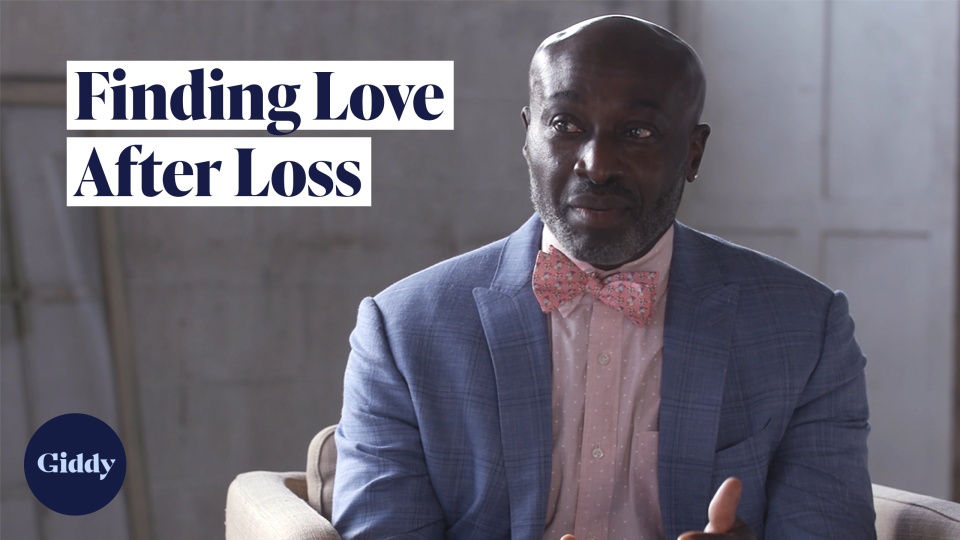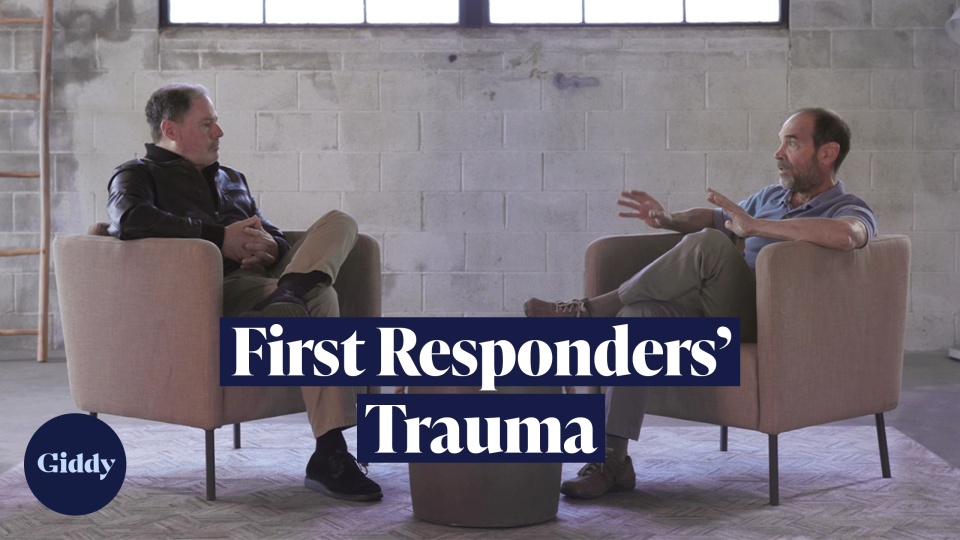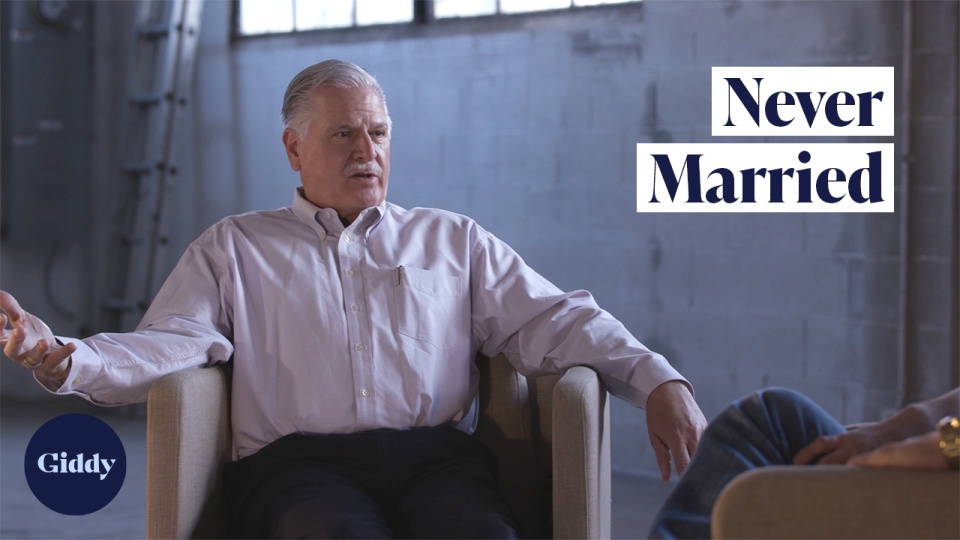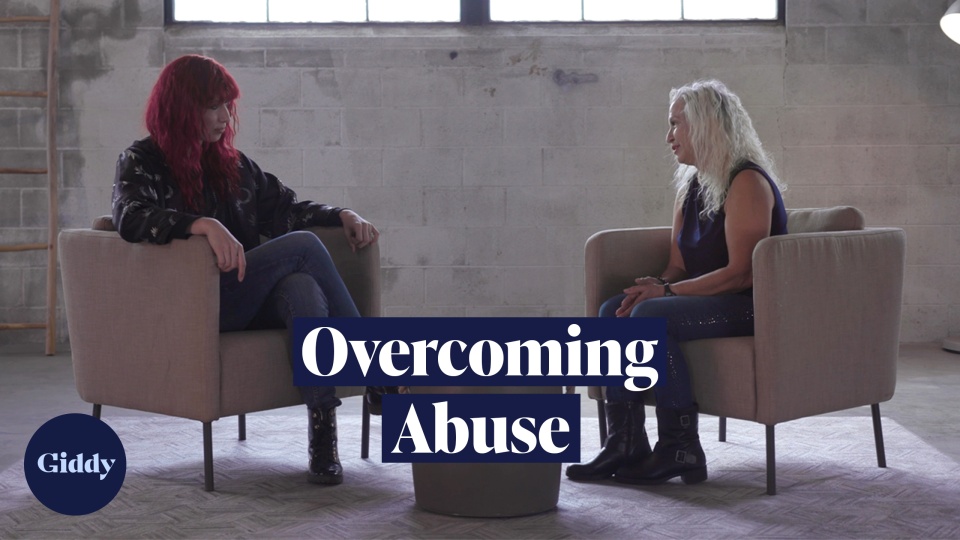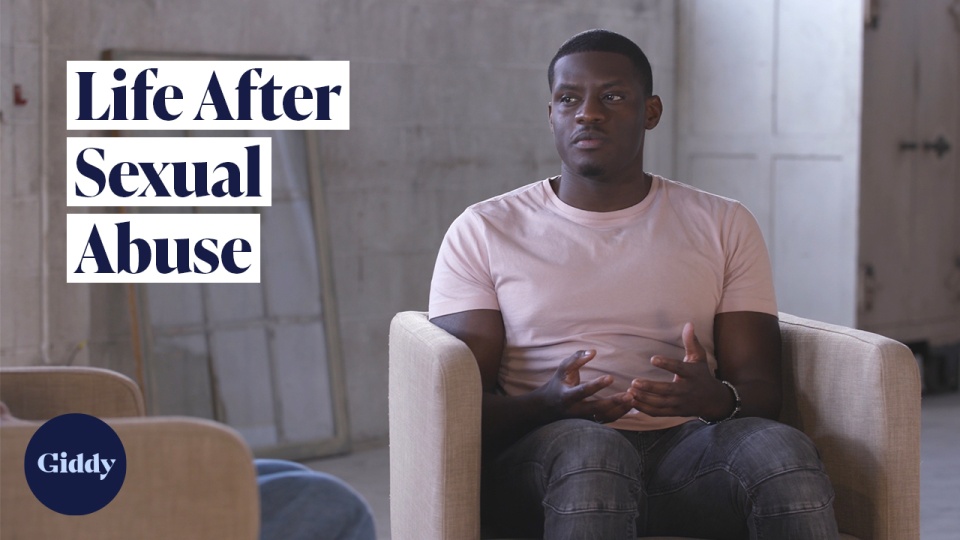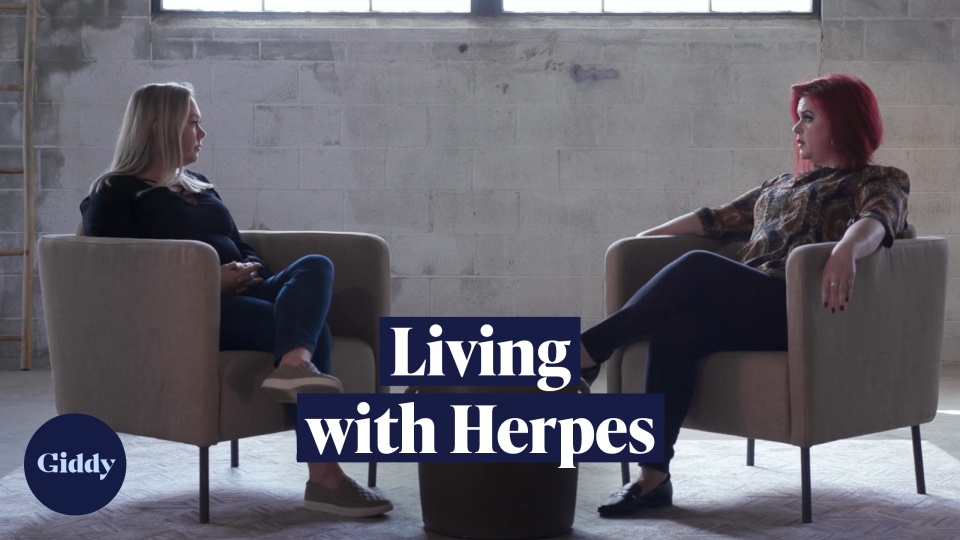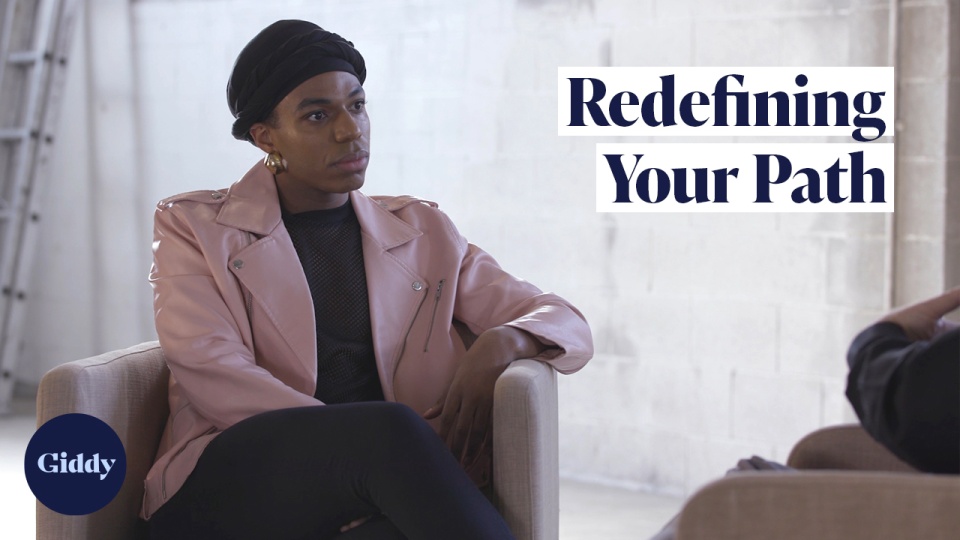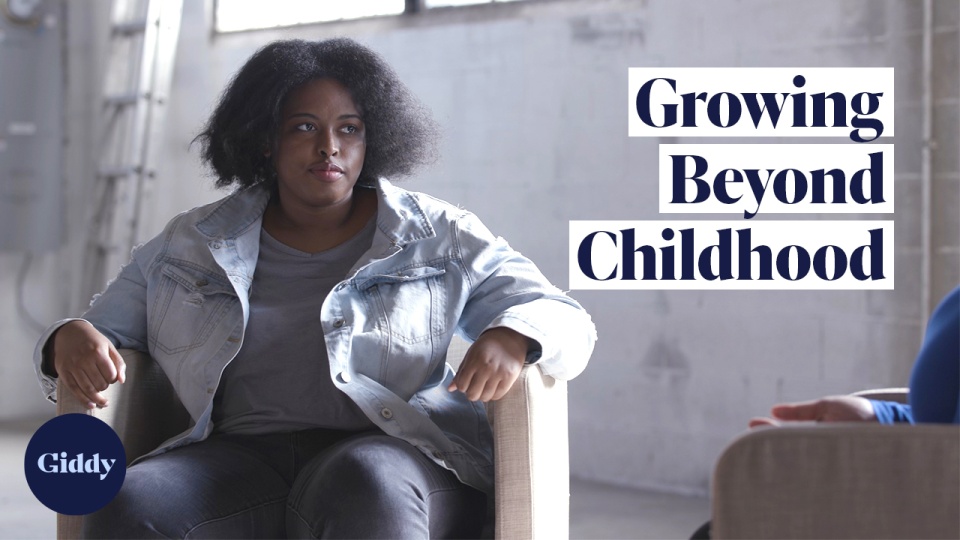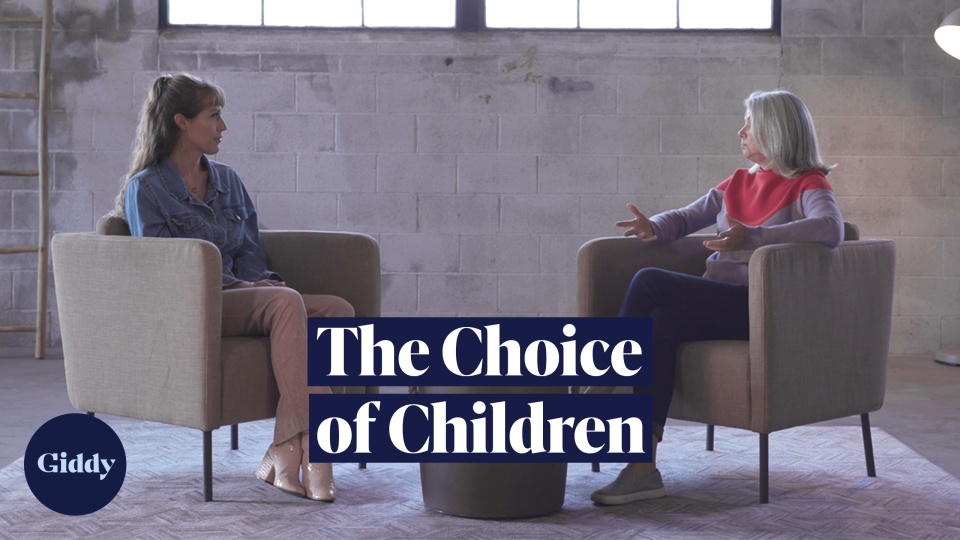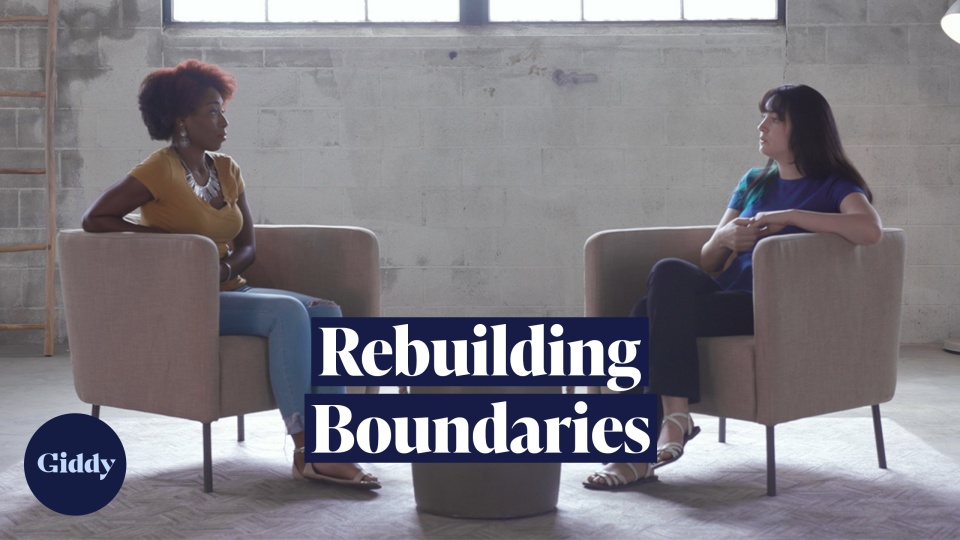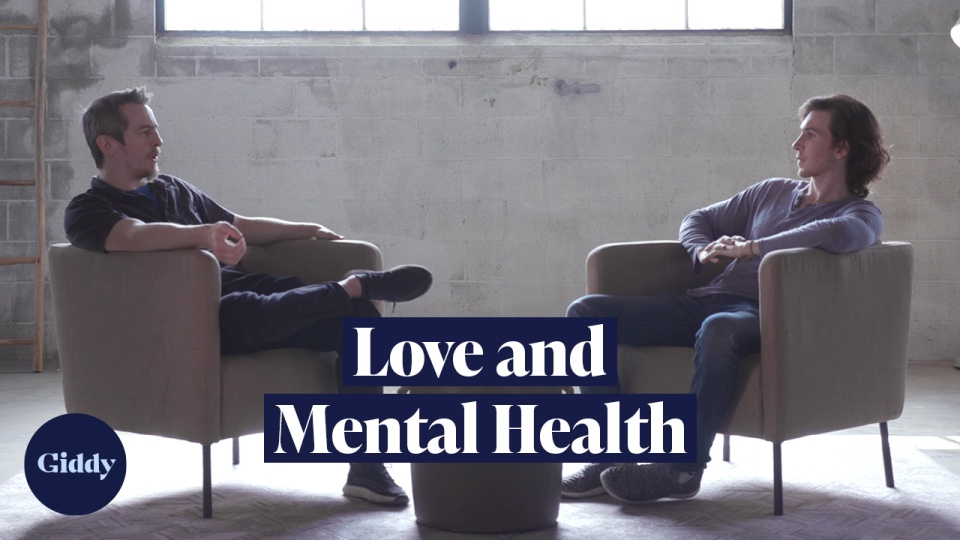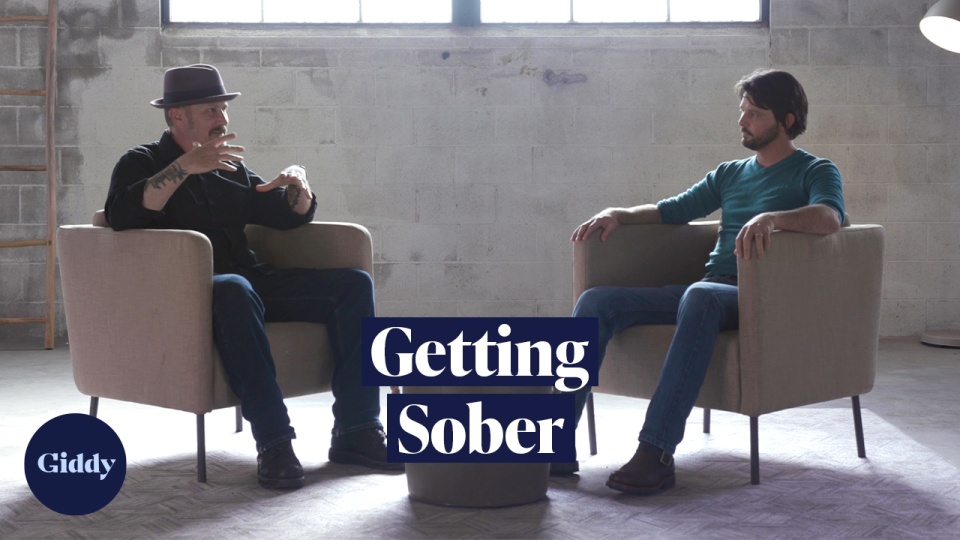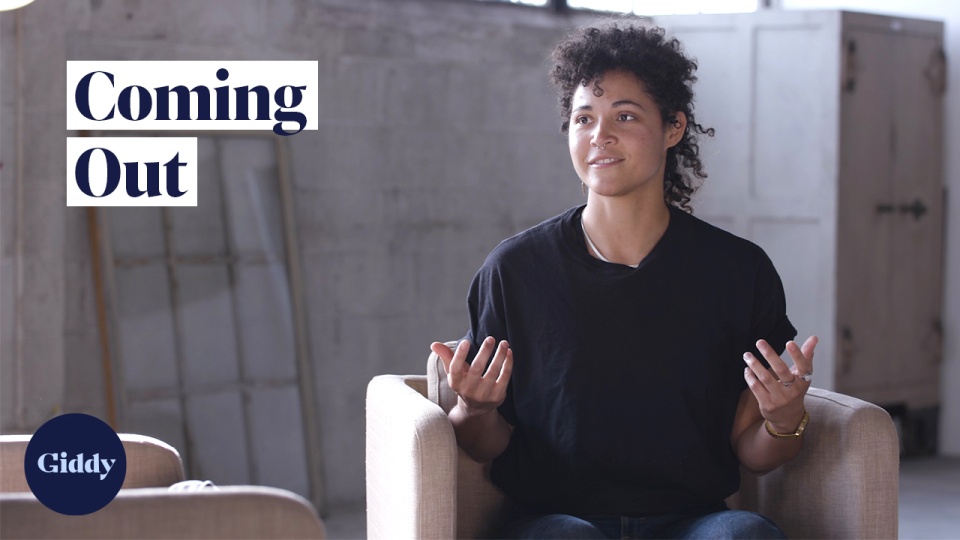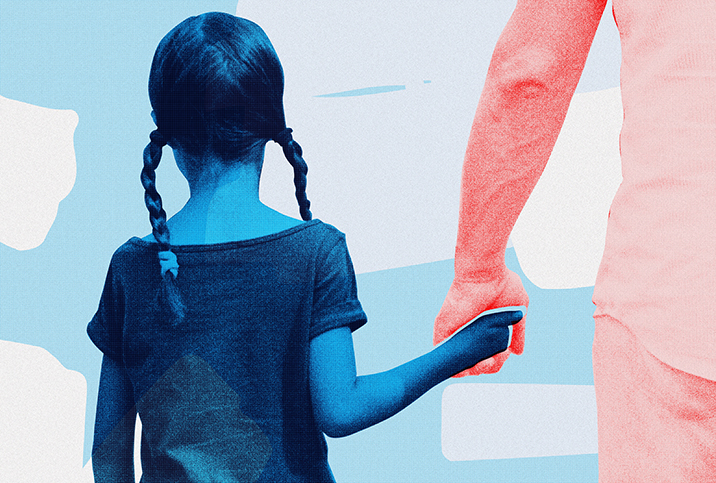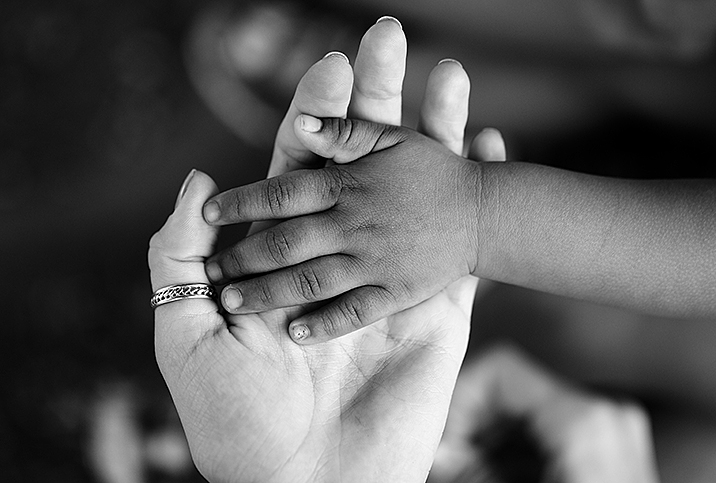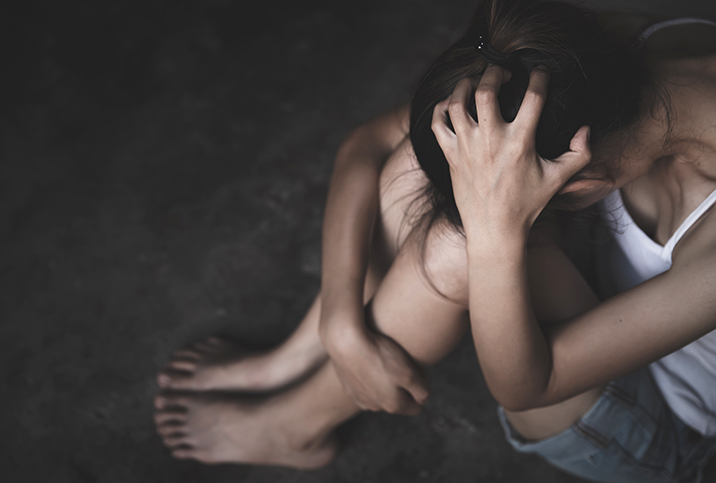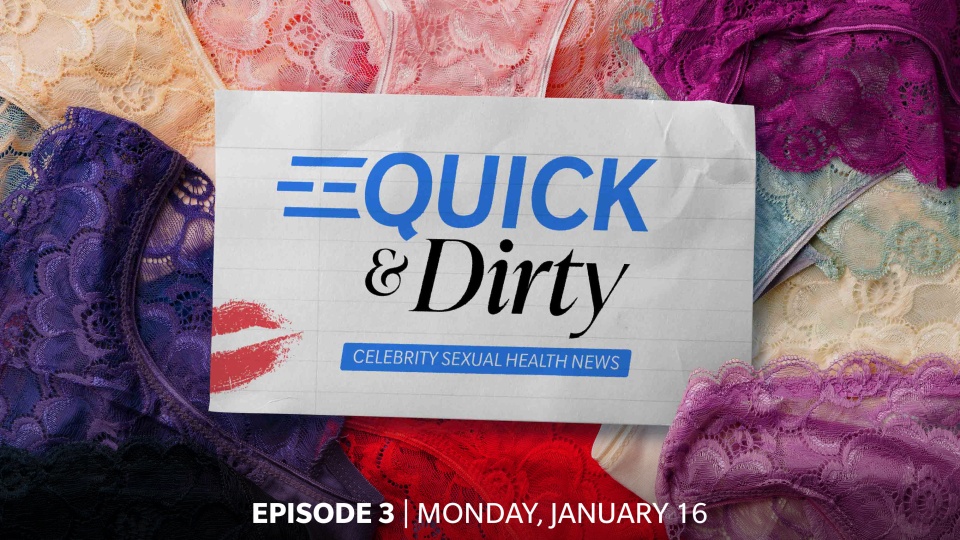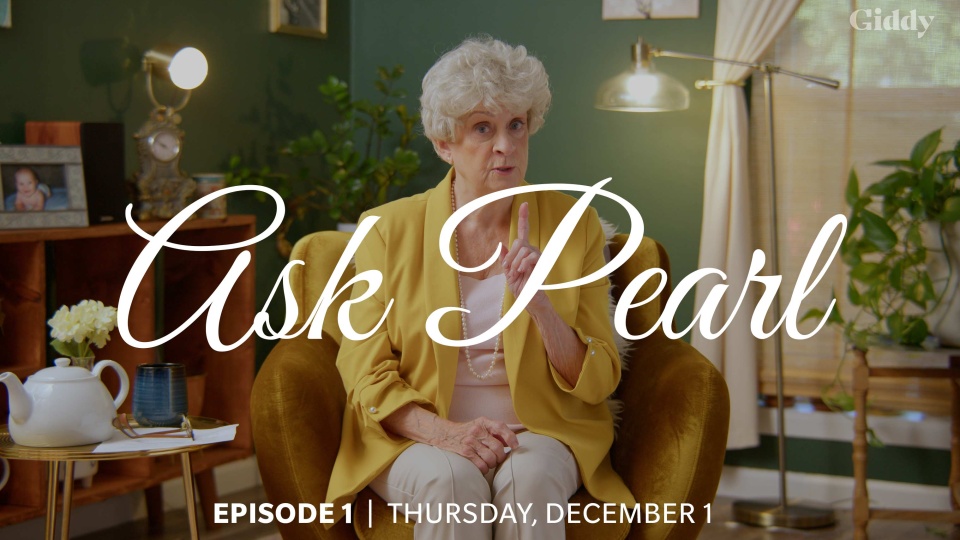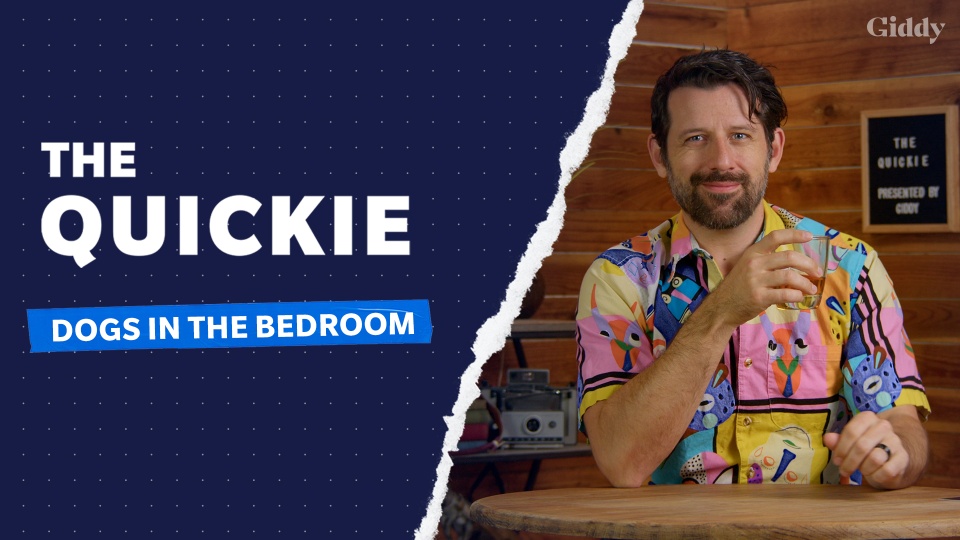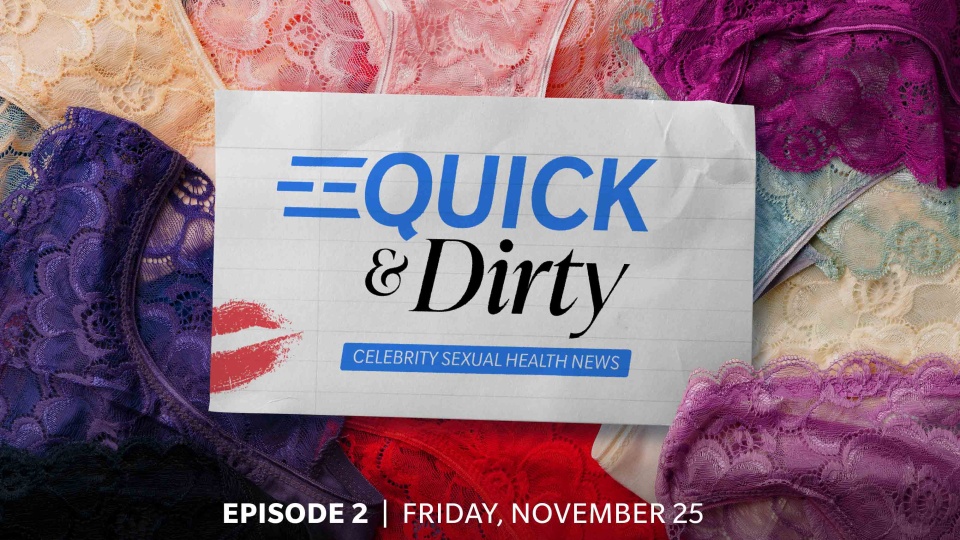Up Next
'I Am More Than Enough': Overcoming a Tough Childhood
Two survivors, Deja and Kesha, open up about overcoming a tough childhood and learning to love themselves.
More about this episode
A Conversation with Deja and Kesha
In this episode, Deja and Kesha sat down to discuss overcoming traumatic childhood experiences. Kesha's aunt and uncle adopted her when she was 8, because her mother didn't want to raise her. Although she had shelter, she never felt like it was a true home and thought of herself as the black sheep of the family. Throughout her childhood, Kesha was molested and raped on numerous occasions, which led to depression and suicidal thoughts.
Similar to Kesha's childhood, Deja also experienced sexual abuse. When she sought help, she was turned away and says the lack of care led to suicidal attempts. Because neither women had the amount of affection or love they desired during their childhoods, as they got older, they turned to sex as a form of affection.
Kesha says the key to healing is learning to love yourself, and reminds herself daily that she is more than enough. For Deja, she says she's still figuring things out, but hopes Kesha's advice will be a guiding light in her path toward healing.
Transcript
I am 43 years old. I am from a little, small town called Reddick, Florida. I was adopted. I found out when I was eight years old that I was adopted. My maternal aunt and uncle actually adopted me, but you can't say that in our house. Nobody's adopted. Nobody is this one, that one. We're all just the same.
I was raised with two siblings, my brother and my sister. I can't say my childhood was actually bad. I can't say that. I can say it was a little different. Because when you're adopted, it just seems like, not the world is against you, but it just seems like you're the black sheep when you really didn't ask to be the black sheep.
My biological sister and brother, I have biological siblings as well, they're Puerto Rican and Black. So I used to think growing up, maybe my mom gave me away because I wasn't light-skinned. And it wasn't her fault. So, things that I endured being in the house…I was molested. I was molested by close family members. I was raped a couple of times, not just once, not just twice, but three times.
Depression. Suicide. I would always think, "if I was gone, if I would kill myself, would people even care? Would they even care that I'm even here?" That thought of a little girl being 8 and 9 years old and thinking that she's pregnant or thinking that no one really wants her because of her skin color, but the other two were lighter—these are thoughts that I really haven't really shared with anyone.
Literally, all the things you're saying I can relate to so much. But I recently wrote a screenplay that is about my situation, too. Because in my home, I was dealing with abuse by somebody else in our home. I also went through being sexually assaulted as well. Although it was outside of the home, but it still really affected me.
And then I also—one of the things that I feel like I carry with me the most is I was dealing with the depression and the suicide. I had attempted suicide multiple times and been hospitalized. I remember going and talking to people that were supposed to be there to help me, and it just felt like I was just completely invalidated.
And it was always like, no, you're just being dramatic. Oh, you're just sensitive. No, it's not really what happened. And I feel I never really got that closure of people recognizing something that shouldn't have happened, happened to you. And I feel like I still carry that feeling of almost like betrayal.
I don't like to admit it, but I think a lot of my childhood definitely has affected the way I see relationships. I have never actually really been in one. I remember, when I was younger, I think I did things just because I wanted to feel, not even necessarily love, just some form of attention.
I wanted people to recognize me in whatever way they would, even if it was just physical or whatever. And so I wasn't being super picky about who I was getting into bed with just because...I wouldn't say I didn't respect myself. But it was just like I was just so eager to feel—
Vulnerable.
Yeah, just to feel somebody was giving me their attention. Even if it was just like…
That's how I felt, too, growing up. Like you said, it comes from just wanting attention, just wanting to be validated, wanting somebody to say they love you or they're with you and not even really knowing that that's the worst thing for you.
My mother was the type, because her mother wasn't very nurturing, she wasn't really—she was nurturing, but it was nurturing in her own way. Because she couldn't do what she wasn't taught. I didn't get the I love yous. I didn't get the hugs.
That's how it was for me, too.
I didn't get the talk about menstruation. There's certain things I didn't get. But I still can't fault her for that because she wasn't taught that. But I know I was raised with a lot of love. But it's definitely not a straight path when you're raised with a religious family.
At the end of the day, each of us are on our own personal journeys through our lives. And if religion is part of that, then you're on your own personal journey or the relationship with whoever you believe in. But I'm learning to love myself more and just be more comfortable just being me.
That means you're healing. And I have an affirmation that I'm doing for the next 21 days. I'm saying to myself, I am more than enough. When I get up in the morning time, I'm saying, I am more than enough.
That's my affirmation to me. So maybe you can have your own affirmation. Use that one, I don't care. But I'm just saying because sometimes the things that we speak—a lot of times the things that we speak, they actually can come true. Speak those things as though they were. So that's my affirmation.
For more trusted sources on the topics that matter to you, go to getmegiddy.com.






